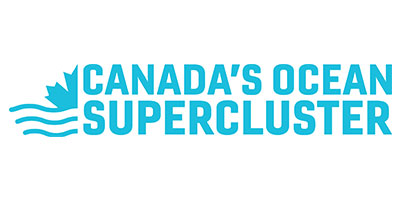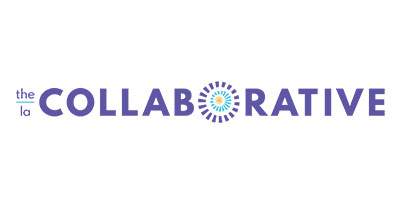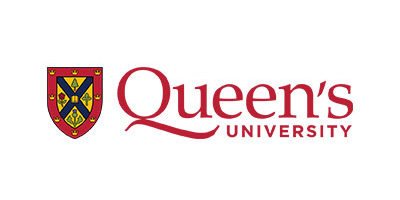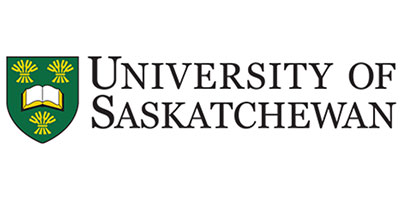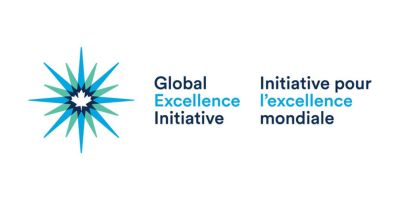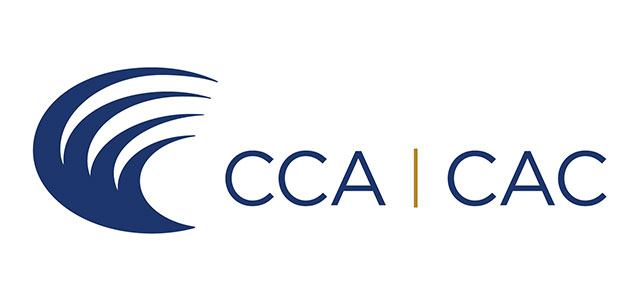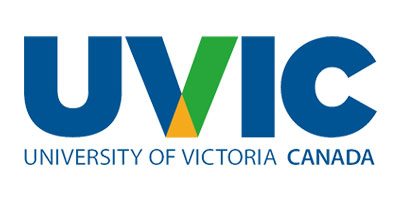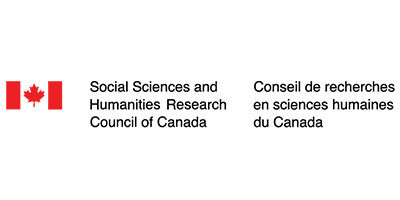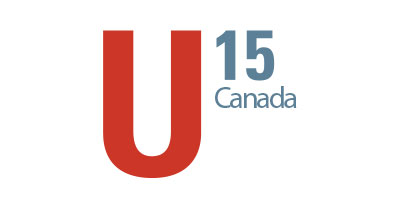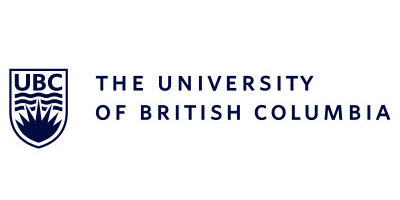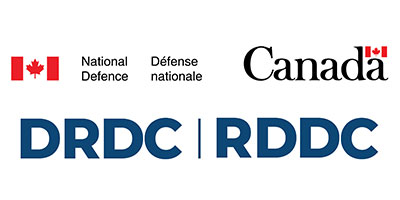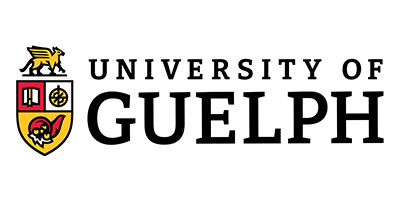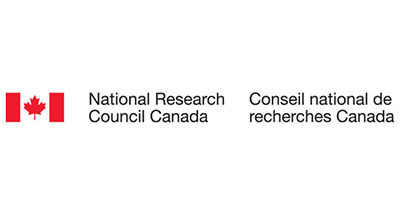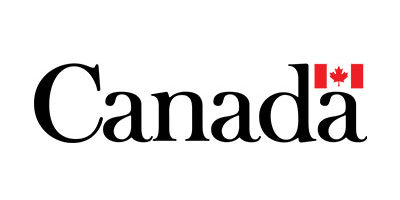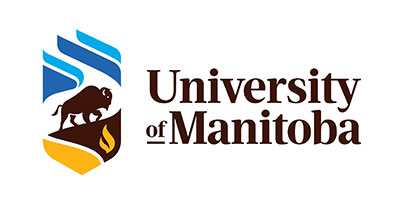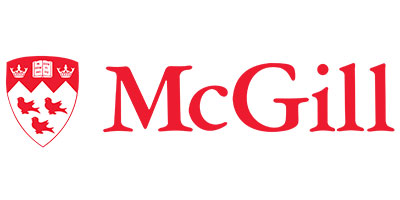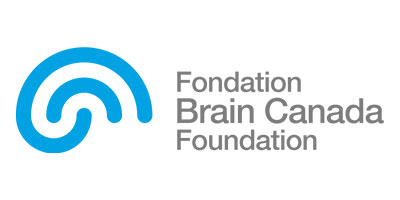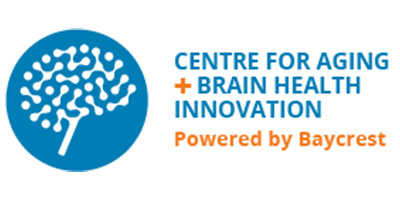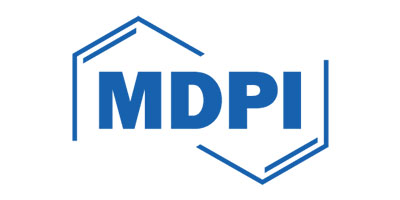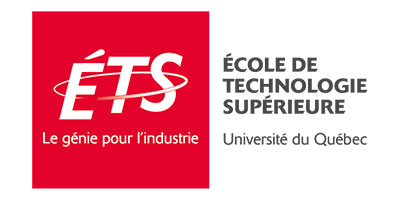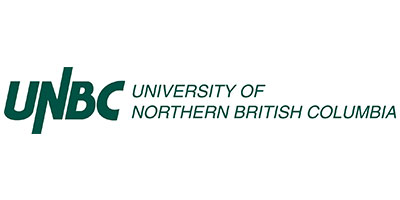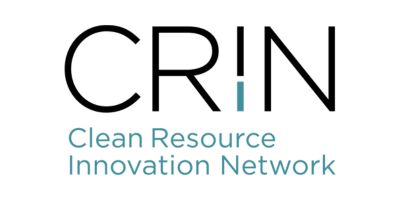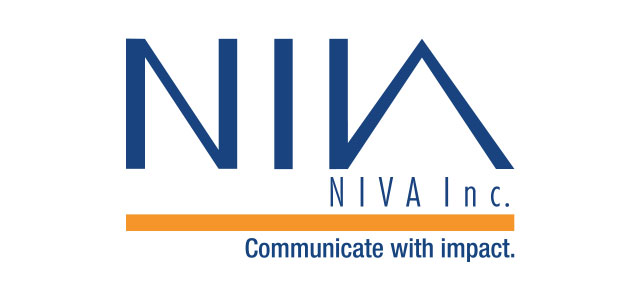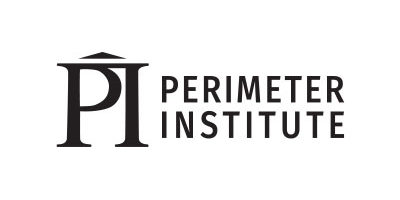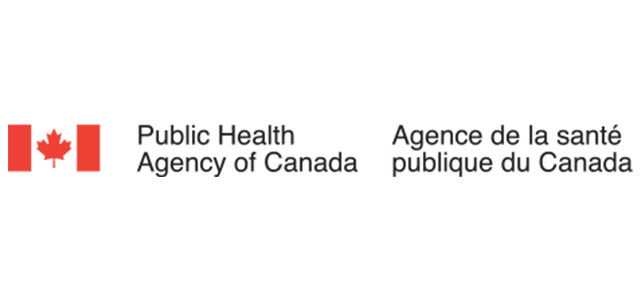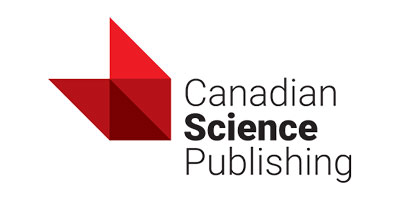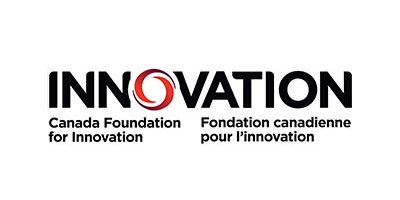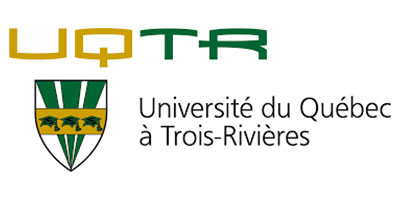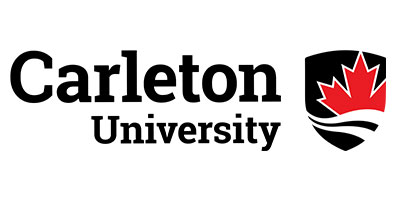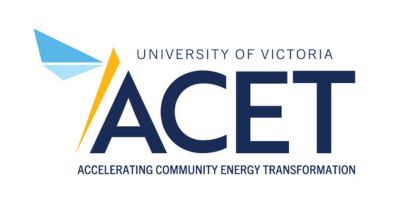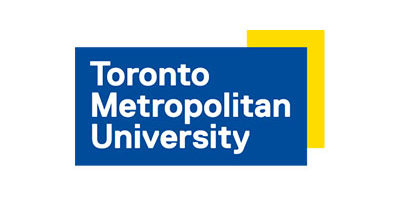Earlier this week Finance Minister Bill Morneau tabled his third federal budget in the House of Commons. The budget, entitled Equality Growth: A Strong Middle Class, lays out an ambitious plan to invest in Canadian scientists and researchers.
The Government of Canada will invest $3.8 billion in Canada’s scientific and innovative sectors over the next five years. Many of my colleagues refer to this investment as historic, which it is. Canada’s granting and research institutes will receive $1.7 billion over five years to support the next generation of researchers. It will help ensure Canada remains a global leader in research and innovation. The investments in our post-secondary institutions and entrepreneurial centres will allow us to compete on a global-level.
This year marks the 10th anniversary of China’s Thousand Talents Plan. The People’s Republic of China actively recruits top professors and chief scientists in the West. According to Nature and Science, successful candidates can expect a 1 million CNY ($202,000 CAD) starting bonus. Academics can also apply for a research fund of 3-5 million CNY. China is not our only trading partner investing heavily in research and innovation.
The Government of the United Kingdom is pursuing historic investments in research and development (R&D). In 2015, investment in UK R&D totaled 1.68 percent of Gross Domestic Product (GDP). By 2025, they plan to spend 2.4 percent of GDP, with the long-term goal of 3 percent. According to the OECD, Canada currently spends 1.53 percent of GDP on R&D. As the UK begins to invest more in research and innovation, our government must follow suite. In a global economy, Canada must work to retain and attract top talent. The plan laid down in federal budget is a good first step.
It is now the responsibility of Canada’s academic community and innovation ecosystems to highlight the impact of their research and discoveries. The Canadian public is being asked to support a historic investment in a component of the economy they may know little about.
At the Waterloo Institute for Nanotechnology (WIN), the discoveries by our scientists and engineers are fundamentally changing our world and helping solve some of humanities most pressing issues. Whether it is the detection of bacteria in water, improved drug therapy or the next generation of battery technology, WIN members strive to make the world a better place.
The impact of these breakthroughs may not be immediately apparent, but the potential of the fourth Industrial revolution is great. In the past ten years, WIN graduates and faculty members have helped create over 20 start-ups. We have also established 19 partnerships in 10 countries around the world.
This year we will host an International Symposium on Frontiers in Nanoscience and Nanotechnology to mark our 10th anniversary. Despite our success with our community partners over the past decade, we can only do so much. Post-secondary institutions, innovation hubs and research institutes must do more to engage the general public.
I call on my fellow academics and innovation leaders to create a greater awareness of the work we do. The more we share with the Canadian public the more likely this historic funding will become the new normal. Through the process, we can integrate citizen driven science within the overall Canadian innovation agenda.


